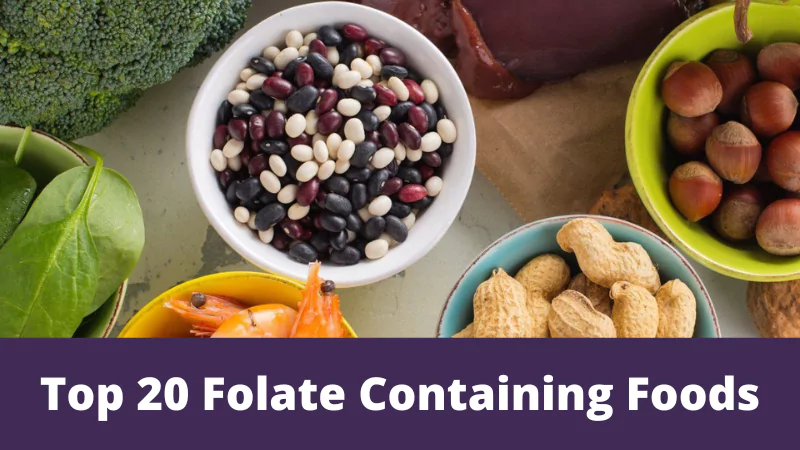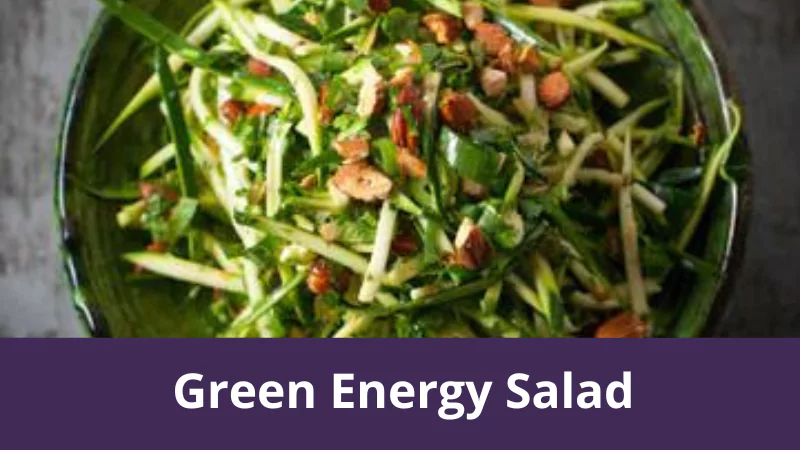While MTHFR gene mutations can inhibit the conversion of folate you eat (dihydrofolate) into the active folate (5-MTHF), is it still vitally important to consume as much natural folate as you can through your diet.
Is it important to remember, a mutation in the MTHFR gene simply means a reduction in function, not that it has shut down completely! So, the more natural folate you consume, the more folate your MTHFR gene will have to convert into the all important active folate.
You can read more on the uses of active folate in the body on our ‘What is MTHFR’ page.
Consuming your folate through the diet also reduces your reliance on supplementation, allowing your diet to provide the nutrition your body needs, just the way nature intended.
And remember, eating these folate-rich foods means you are also receiving the benefits from the many other nutrients and phytochemicals they contain. So eat up, and enjoy!
Top 20 Folate Containing Foods
(Content of natural folate in microgram’s per 100 gram serving of food)
- Duck liver (raw) 738mcg
- Mung beans (raw) 625mcg
- Chickpea /besan flour 437mcg
- Leek (freeze-dried) 366mcg
- Wheat germ 281mcg
- Peanuts (raw) 240mcg
- Sunflower seeds (toasted) 238mcg
- Red capsicum/ peppers (freeze-dried) 229mcg
- Spinach (raw) 194mcg
- Asparagus (frozen) 191mcg
- Mustard greens (raw) 187mcg
- Quinoa (uncooked) 184mcg
- Lentils (cooked) 181mcg
- Kelp seaweed (raw) 180mcg
- Collard greens (raw) 166mcg
- Lima beans (cooked) 150mcg
- Black beans (cooked) 149mcg
- Egg yolk (raw) 146mcg
- Cos or Romaine lettuce (raw) 136mcg
- Kidney beans (cooked) 130mcg
Information sourced from NutritionData.Self










